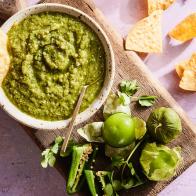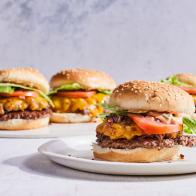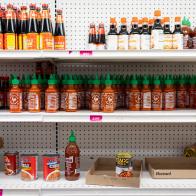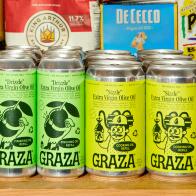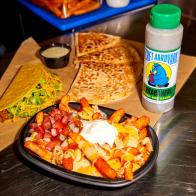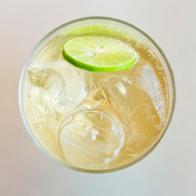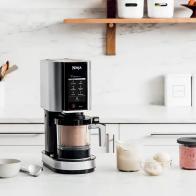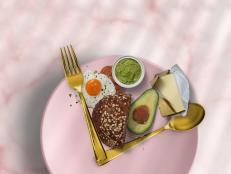I'm a Dietitian and I'm Not a Fan of Cheat Days
Here's why one expert just isn't feeling this common diet trend.

Westend61/Getty Images
Partaking in weekly rituals of overly indulgent cheat meals is far from a new concept, but from where I am sitting, cheating ways seem to be only sabotaging healthy eating head spaces and loftier nutrition goals. I mean, what are you cheating on anyway? Torturing yourself with healthy eating? There are several reasons why a cheating mentality can blow up your relationship with a healthy diet.
There is no formal definition for a cheat meal or cheat day, but no doubt it involves diving deep into higher calorie and less nutritious foods and beverages. Cheat meals give eaters a license to chow down on things they have otherwise deemed taboo, which are typically foods high in sugar and unhealthy fats. Pizza, burgers, extra-large fries or several extra rounds of cocktails are banked for those coveted days. Folks deem celebrations and special occasions worthy of a "cheat day," but in no other way would it be okay to cheat on a special occasion. Cheating on your significant other isn’t something to celebrated, is it? I really don’t get it.
Now this is hardly a green light to eat a roll of cookie dough on a whim, nor it is it a call to action to nourish yourself with nothing but fruits and vegetables. If you want a piece of chocolate on a random Wednesday, that’s ok in my book. But since I know this diet trend isn't going away anytime soon, I've broken it down into a pros and cons list so you can decide if cheat days are right for you.
Pros
While I'm clearly not a huge fan, there is some research to suggest that the cheat meal mentality helps dieters stick to more rigid meal plans long term. The logic is that if a dieter knows that unhealthy foods are allowed at some point, it may help curb the cravings and inevitable hardships that often accompany giving up those not-so-healthy favorites permanently. But why can’t these liberties be flexed on any day? That's where the cons come in ...
Cons
The concept of cheating perpetuates the thought that allowing yourself to eat foods you enjoy (no matter what their nutritional profile) is wrong. Marking any beloved food as "off-limits" is not healthy as far as I'm concerned as a dietitian. Cheat days only up the likelihood of binging on junk foods, which can also lead to feelings of remorse and guilt — feelings that have no place in a healthy eating plan. Cheat meals can also wreak havoc on your social life, often driving folks to plan their schedules around their cheat and non-cheat days as opposed to enjoying meals with friends and family. In addition to the emotional pain, bombarding your tummy with a high load of sugary or high fat junk is likely to carry its own brand of discomfort. Whether it’s the heavy and hard-to-digest crap you are eating or the sheer volume of food, your stomach will not appreciate and likely revolt. Does a cheat day confined to the bathroom sound fun? I think not.
Bottom Line: The cheat meal mentality may help some eaters stay on track, but I'd make sure you’re able to be flexible or you may risk your quality of life. I prefer to commit to not cheating in the spirt of preserving my ever-loving relationship with every kind of food. If I want a piece of pizza I eat one, not seven because it’s cheat day. I pile all those cheat day efforts into allowing a few enjoyable moments with not-so healthy foods every so often and it’s a lot less of a mind game.
Dana Angelo White, MS, RD, ATC, is a registered dietitian, certified athletic trainer and owner of Dana White Nutrition, which specializes in culinary and sports nutrition.
*This article was written and/or reviewed by an independent registered dietitian nutritionist.
Related Content:


